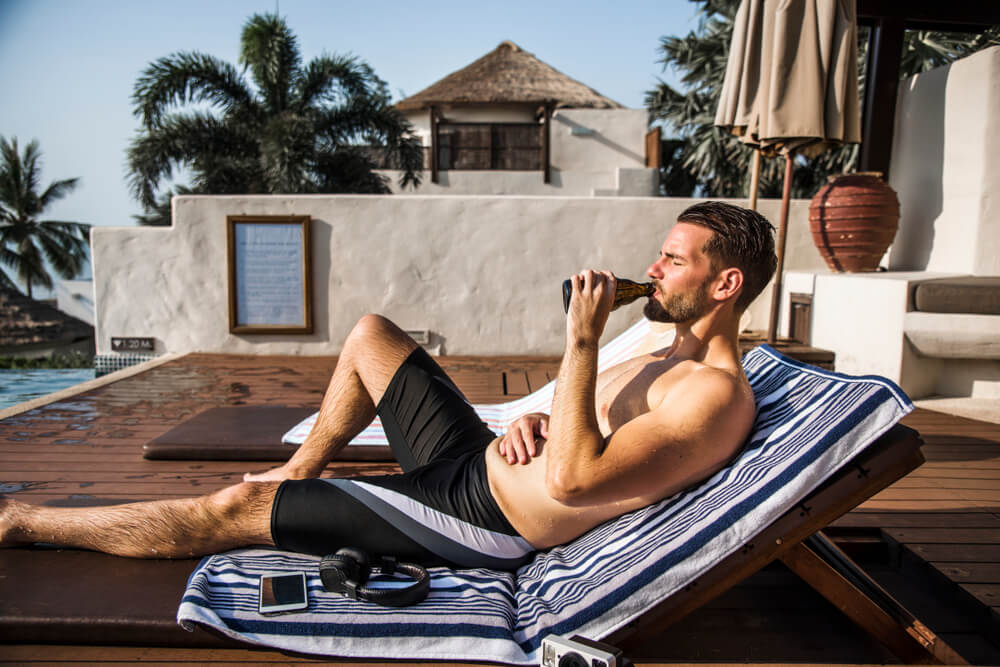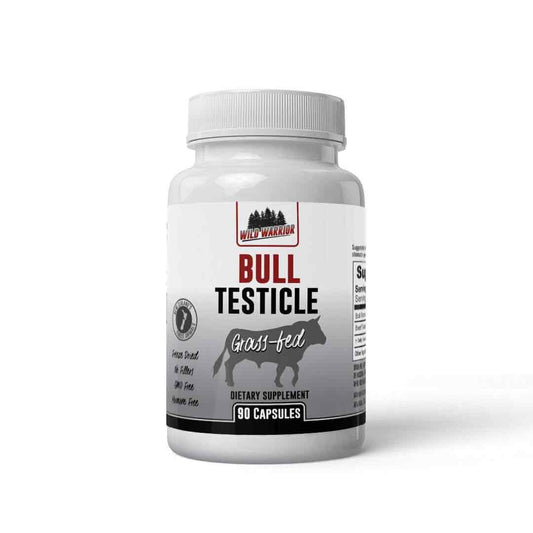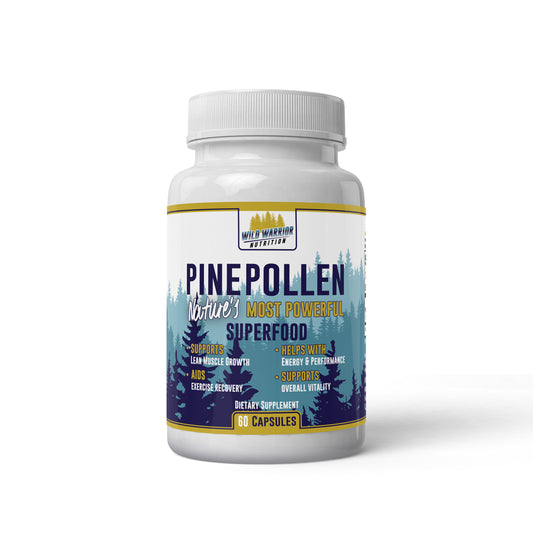When it comes to building muscle, many people focus on their diet and exercise routine. However, one factor that is often overlooked is the consumption of alcohol. Alcohol can have a significant impact on your efforts to build muscle and achieve your fitness goals. In this article, we will discuss the effects of alcohol on muscle growth and provide some tips for managing your alcohol intake.
How Alcohol Affects Muscle Growth
Alcohol can impact muscle growth in several ways:
1. Disrupts Protein Synthesis
Protein synthesis is the process by which your body builds new muscle tissue. Research has shown that alcohol can interfere with this process, leading to a reduced rate of muscle growth. One study found that alcohol consumption reduces muscle protein synthesis by 15-20% (Parr et al., 2014).
2. Dehydration
Alcohol is a diuretic, meaning it increases urine production and can lead to dehydration. Dehydration can negatively affect muscle function and recovery, as well as overall athletic performance (Shirreffs & Maughan, 1997).
3. Impairs Nutrient Absorption
Alcohol can interfere with the absorption of essential nutrients, such as vitamins and minerals, which are crucial for muscle growth and repair. For example, alcohol has been shown to inhibit the absorption of calcium, a mineral necessary for proper muscle function (Hansen, 1990).
4. Decreases Testosterone Levels
Testosterone is a hormone that plays a vital role in muscle growth. Alcohol consumption can decrease testosterone levels, which may result in reduced muscle mass (Sarkola & Eriksson, 2003).
5. Increases Cortisol Levels
Alcohol can increase cortisol levels, a stress hormone that can break down muscle tissue when present in high amounts. Elevated cortisol levels can hinder muscle growth and recovery (Välimäki et al., 1984).

Tips for Managing Alcohol Intake
To minimize the negative effects of alcohol on your muscle-building goals, consider the following tips:
-
Moderation: Limit your alcohol intake to moderate levels. The Centers for Disease Control and Prevention (CDC) defines moderate drinking as up to one drink per day for women and up to two drinks per day for men (CDC, n.d.).
-
Hydration: To counteract the dehydrating effects of alcohol, make sure you drink plenty of water before, during, and after consuming alcohol.
-
Timing: Avoid consuming alcohol immediately before or after a workout, as this is when your body needs optimal nutrition and hydration for muscle growth and recovery.
-
Nutrition: Ensure you are consuming a balanced diet with adequate protein, vitamins, and minerals to support muscle growth and repair.
In conclusion, alcohol consumption can have a negative impact on muscle growth and hinder your fitness progress. By being aware of these effects and managing your alcohol intake, you can still enjoy a social drink without compromising your muscle-building goals.
Sources:
Centers for Disease Control and Prevention (n.d.). Alcohol and Public Health: Frequently Asked Questions. Retrieved from https://www.cdc.gov/alcohol/faqs.htm
Hansen, M. A. (1990). Alcohol-Induced Bone Disease: Impact of Ethanol on Calcium Homeostasis and Bone Mineral Density. Alcohol Health & Research World, 14(4), 312-319.
Parr, E. B., Camera, D. M., Areta, J. L., Burke, L. M., Phillips, S. M., Hawley, J. A., & Coffey, V. G. (2014). Alcohol Ingestion Impairs Maximal Post-Exercise Rates of Myofibrillar Protein Synthesis following a Single Bout of Concurrent Training. PLoS ONE, 9(2), e88384.
Sarkola, T., & Eriksson, C. J. (2003). Testosterone Increases in Men After a Low Dose of Alcohol. Alcoholism: Clinical and Experimental Research, 27(4), 682-685.
Shirreffs, S. M., & Maughan, R. J. (1997). Whole Body Sweat Collection in Humans: An Improved Method with Preliminary Data on Electrolyte Content. Journal of Applied Physiology, 82(1), 336-341.
Välimäki, M. J., Härkönen, M., Eriksson, C. J., & Ylikahri, R. H. (1984). Sex Hormones and Adrenocortical Steroids in Men Acutely Intoxicated with Ethanol. Alcohol, 1(2), 89-93.





